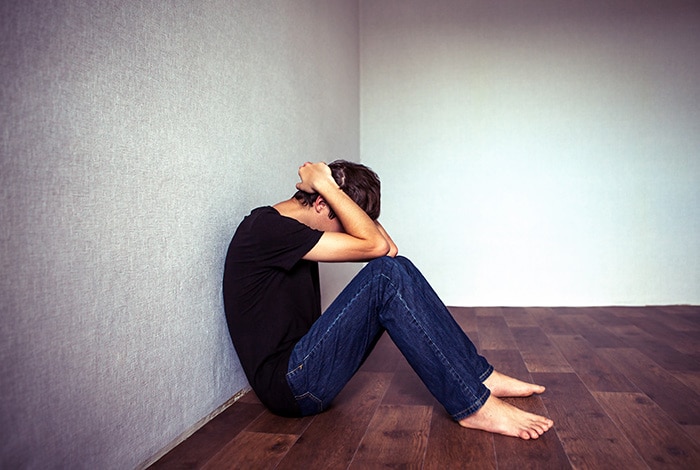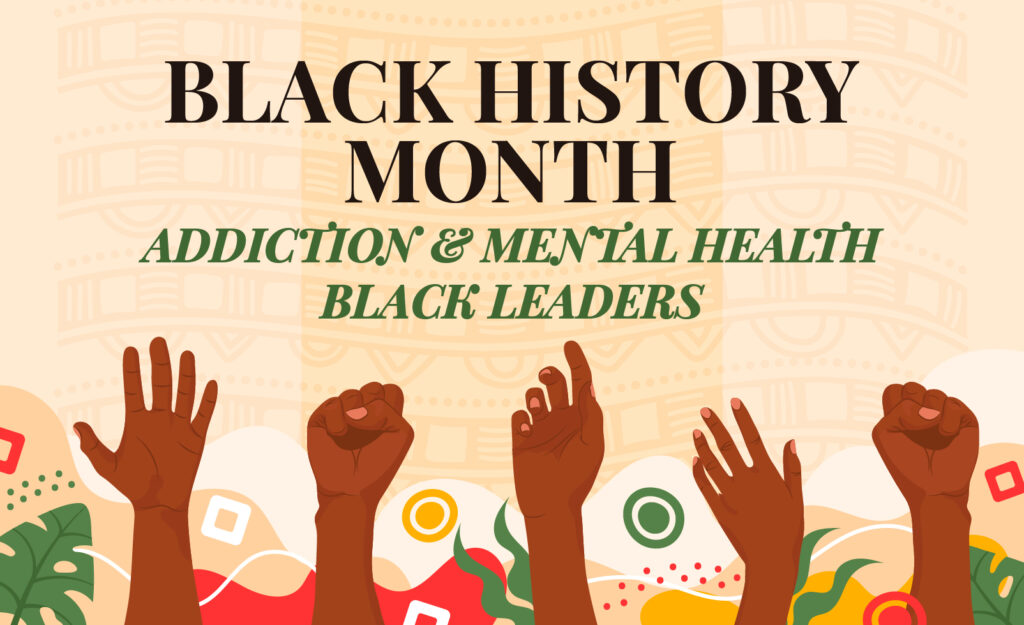Earlier this month, we discussed the importance of men’s mental health in a blog post titled “Why Men Matter”. We continue to raise awareness in June by introducing the next important awareness day: International Day Against Drug Use and Illicit Trafficking, June 26th.
This year’s theme for International Day Against Drug Abuse and Illicit Trafficking is “Better Knowledge for Better Care”. This year’s goal is to emphasize the need to improve the understanding of the world drug problem and how, in turn, better knowledge will foster greater international cooperation for countering its impact on health, governance, and security.
Since 2009, heroin seizures at the U.S. southwestern border have almost tripled, while meth seizures quintupled through 2014. Worse yet, cocaine and marijuana remain two of the most commonly seized drugs along the United States’ southern borders, equating to millions of pounds seized by U.S. Border Patrol. Mexico is the largest supplier of methamphetamine, and although Asia and the Middle East are the largest producers of heroin, 39% of heroin identified by the DEA originated from Mexico.
Drug trafficking statistics in the United States
In 2016, the majority (84.9%) of traffickers were male, with an average age of 36.
Roughly 70% of all offenders were U.S. citizens, and almost half (49.4%) had little or no prior criminal history.
The DEA puts much of its focus on trafficking from Mexican drug cartels because not only do they control a large share of the drug smuggling into the U.S., they are also responsible for much of the drug distribution within the U.S.
Another emerging threat is Africa, as it is often used as a transit shipping point for South American and Asian drug organizations.
Between 2011 and 2015, there was a 50% increase in the number of people sentenced for crimes related to heroin trafficking in the U.S.
In 2015, the DEA made 6,353 arrests for heroin-related offenses. Conspiracy, distribution, and possession with intent to sell comprised 84% of these arrests.
Human trafficking in the illegal trade
Unfortunately, drug trafficking around the world often involves dangerous operations where innocent people are used as drug mules or are forced to participate in body packing. Many victims of human trafficking are used to ferry drugs across international borders. Popularly known as ‘drug mules,’ the victims are made to swallow balloons containing illicit drugs (body packing) and are then transported across borders. Once they have reached their destination, these balloons are retrieved from the victim’s body.
For these reasons, international drug trafficking is not just a drug problem; it is also a social problem involving many innocent lives that are basically forced into a form of slavery. Human trafficking has become a trade so lucrative and prevalent, that it knows no borders and links towns in central Mexico with cities like Atlanta and New York.
“Helena had been struggling to provide for her six-year-old son in Africa’s island nation of Sao Tome and Principe when she was offered an opportunity: a job as a cook in Brazil.
She arrived in February 2018 hoping for a new life, but was forced to swallow cocaine to smuggle to Africa, arrested at Brazil’s busiest airport, Guarulhos International, and sentenced to five years in jail. While modern-day slaves in Brazil usually raise cattle, harvest coffee and log timber, authorities see exploitation for drug trafficking as a growing problem with an influx of poor migrants from neighboring Venezuela and Bolivia”.
Facts about drug mules
Drugs, such as cocaine and heroin, are often placed in condoms and then swallowed by a drug mule to evade customs officials’ detection.
An average drug mule can swallow 80-125 of these pellets, containing a total of 800g – 1.25 kg of drugs. To put this into perspective, 2 mg of fentanyl can quickly kill an individual.
Apart from imprisonment, the most significant danger to a drug mule is rupturing a drug pellet, which can result in an immediate death due to the high contents of the drugs.
Drug mules often take medication to inhibit bowel movements for the duration of travel. Sometimes they are also given tablets to reduce stomach acid production (stomach acid can lead to ruptured pellets). Once they have crossed the border, they are given laxatives, and the pellets pass through their digestive system.
A drug mule could earn as little as $3,000 or less for a trip. Drug lords, who commission the mules, can sometimes make 100 times more than that when selling the drugs brought in by the mules.
The majority of drug mules are male, but the number of women doing this is on the increase. The women are often from poor communities and are viewed as dispensable by the drug lords.
Drug mules are usually in their twenties or thirties, but people up to the age of 72 and as young as 11 have been caught doing this.
The drug trafficking circle is more than corruption, money, and addiction; it’s about humanity and the vast amount of innocent lives lost. The hope is that we can educate the general public about this life-threatening industry to educate and raise awareness about the warning signs of a drug mule and the number of illegal drugs that are entering the U.S. border. Our country is becoming addicted to these trafficked drugs, and as a result, we are losing mothers, fathers, sons, brothers, sisters, and friends to the war on drugs.
“The opposite of addiction isn’t sobriety. It’s connection. It’s all I can offer. It’s all that will help [you] in the end. If you are alone, you cannot escape addiction. If you are loved, you have a chance. For a hundred years, we have been singing war songs about addicts. All along, we should have been singing love songs to them.”
― Johann Hari, Chasing the Scream: The First and Last Days of the War on Drugs
AKUA Mind and Body Cares
No matter where you are in your journey to recovery, AKUA can help. We understand that life in recovery can be tough. If you are afraid of a relapse, seeking help for the first time, or trying to get back on track, we have a program for you. AKUA Mind and Body offers gender-specific treatment programs that focus on men’s needs. We want you to feel healthy and strong, so when you return home to your family, you can fully function within your family unit.
We are committed to the health and safety of you and/or your loved ones, and we are FULLY OPEN & OPERATIONAL. At AKUA Mind & Body, the safety of our Clients is our top priority. We are aware of the increased fear and anxiety among most people regarding the current pandemic. Hence, we are doing everything that we can to keep healthfulness and safety.
If you or someone you love is struggling with a mental health illness or substance use and addiction disorder, we can help now more than ever! AKUA Mind & Body provides an integrative treatment approach with multiple levels of care from detox, residential to virtual outpatient programs. With several facilities throughout the Sacramento Region, Los Angeles & Orange County Region, and San Diego Region, we aim to provide our clients with a solid foundation for healing and transformation.
Call our 24/7 admissions helpline to seek help today!




